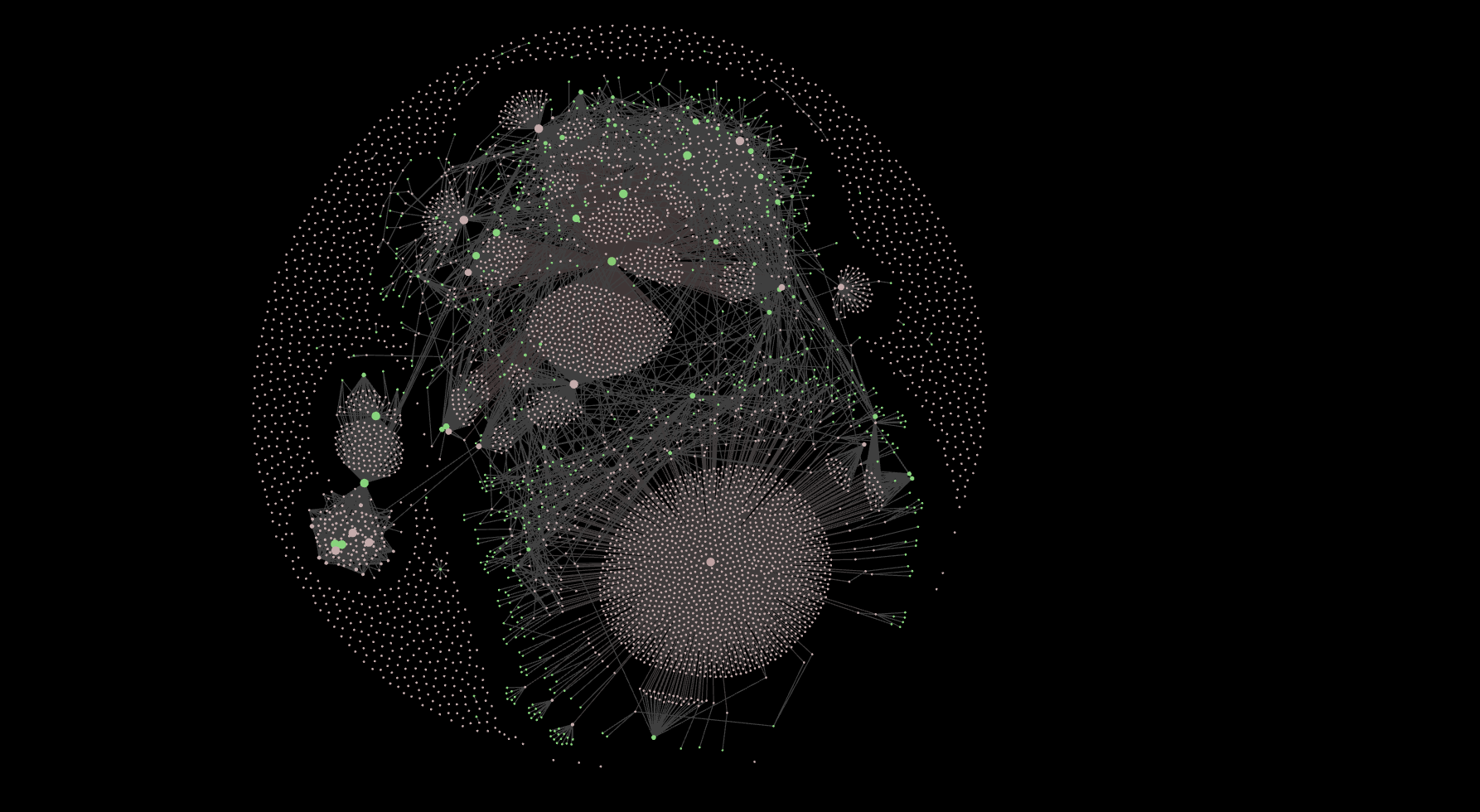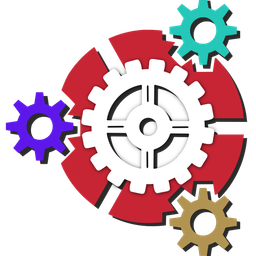While being here on a polymathic website you might have come across various terms like multidisciplinary, or even a Linkybrain. I strive towards cataloguing any word related to Polymath, and this one came across my lap in 2020. Thanks to a guy named Alex Dunsdon.
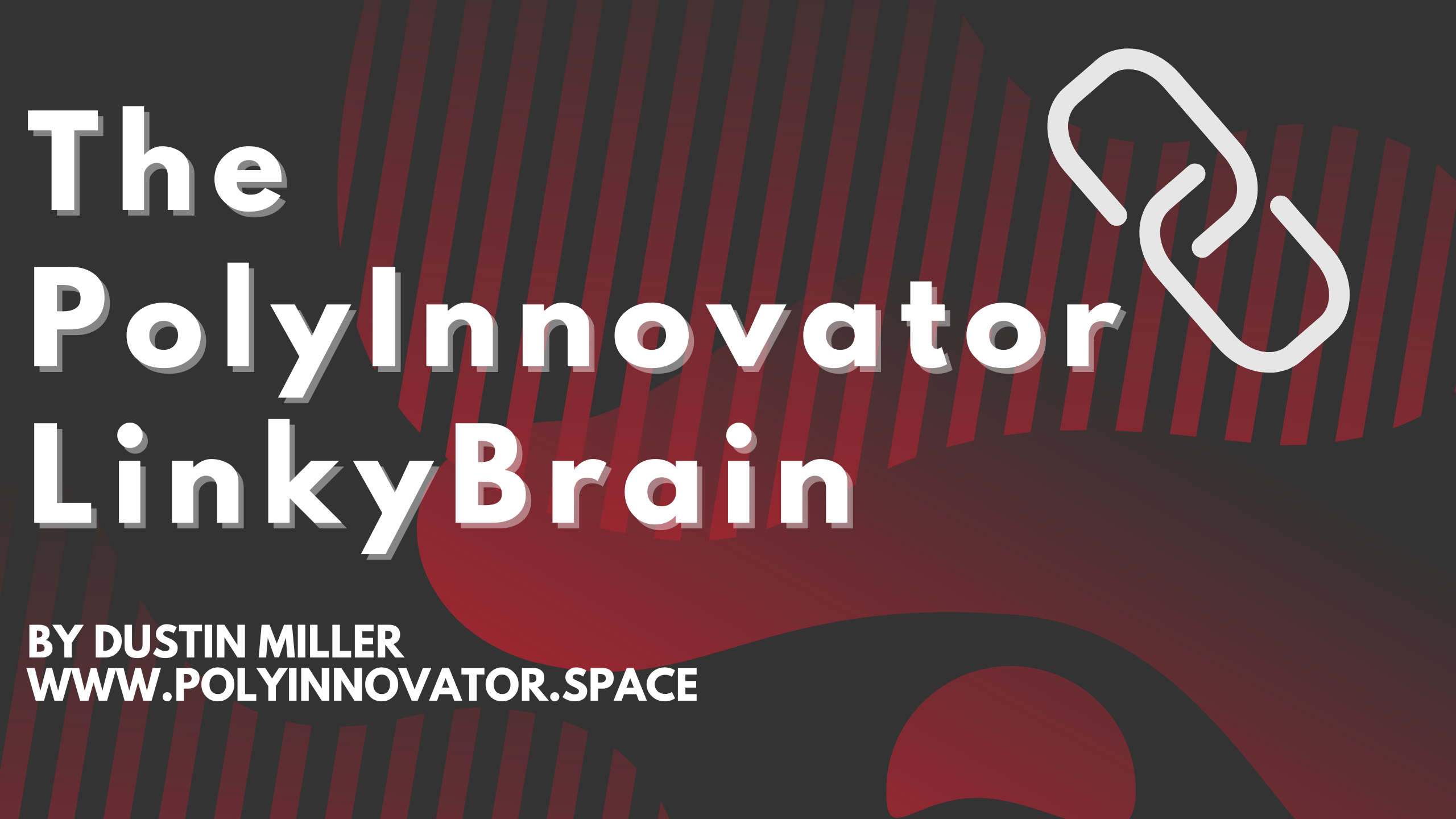
I wrote about my own Linkybrain here!
While he wasn't the only one who wrote about it, there was Doug Scott and Chris Tottman as well. Alex was the person I came across via Medium, and I knew immediately I wanted him on my show. Ironically there was a lot more to him, something that happens a lot with the PolyCast guests, and I didn't know before asking him onto the show.
The Linkybrain concept was that compelling!
What is a LinkyBrain?
It is someone who makes connections, and it is a way for people like us to identify ourselves. Make personal connections with other people. I mean it is how I connected with Alex after all.
We believe that society, business and science make giant leaps forward because of certain types of people who connect unrelated dots and create entirely new ways we live our lives – we call these people LinkyBrains™ .
Seeing those connections is a human trait, but some people see them FAR more than others. These people are the LinkyBrains, the scanners, the generalists, etc.

Who is Alex Dunsdon?
He is a multidisciplinary person, VC, innovator, non-linear thinker, ambivert, and more.
Definitely someone you'd want to either connect with or follow on social media. You never know what he might be able to come up with next! I highly encourage you to check out the interview below.

I actually interviewed him on the PolyCast back in the day:
How does Obsidian Work?
It is first and foremost a "note-taking tool", but it is far more than that. It can be your productivity system, it can be your task management, and even to a degree project management.
As a local app on your computer you are no longer reliant on the cloud to store all of your data. I had that issue with Notion, where AWS would go down, and then I'd not be able to get to my stuff. Also being able to naturally create links between notes/content, is a crucial factor in building connections. SEEING those connections visually.
The image I used for the thumbnail for this post is my current graph in Obsidian, which is all of the notes related and unrelated semi connected together.
This is what I would consider to be a visual representation of what a linkybrain looks like.
Why do I think Obsidian and Linky-Brains go well together?
Connecting the dots is something we do naturally, but what if we could have a second brain or personal knowledge management system help us do it along the way?
“You can't connect the dots looking forward; you can only connect them looking backwards. So you have to trust that the dots will somehow connect in your future. You have to trust in something — your gut, destiny, life, karma, whatever. ― Steve Jobs
While I personally slightly disagree with the statement you can't connect looking forward, there is a point about letting them connect in the future. Start collecting notes, write your own now, and then in the future let them connect FOR you.
Obsidian's Graphs
This is the feature that allowed me to show you what my knowledge management system, or in my case the PIOS (PolyInnovation Operating System) looks like.
Right now I am currently tagging and categorizing all of my notes. I should have done it along the way, but I got overzealous on collecting resources. The more data I had the better IMO.
As I do more and more, the notes links will expand, and as of right now I can already see the results starting to show.
Similar other tools
While I LOVE Obsidian, there are going to be some people it doesn't fit just right with, and I always believe in over sharing rather than under. Do note that it took me TWO tries to get into Obsdmd, and if it wasn't for me trying Logseq I wouldn't have tried Obsdmd again.
Roam Research
More academic focused, and a bit on the pricier side. However I hear it is very powerful.
Logseq
Open sourced, bit overwhelming at first, but all of these tools are. Great choice for those who like control.
Reflect
Newer on the market, and has integrated AI built in, with a ton of other new features.
Capacities
Also new, probably my second choice behind Obsidian, and right before Reflect. This has built in views, and capabilities of an interconnected system from the ground up.
What does your LinkyBrain look like?
I'd love to see some screenshots of your connection graphs, and if you posted about linkybrains and it isn't in this post. More than likely I didn't see you in the results.
I wouldn't mind adding more if you let me know! Perhaps you wrote yours after this release. Let the linkybrains unite!
Resources or Links:




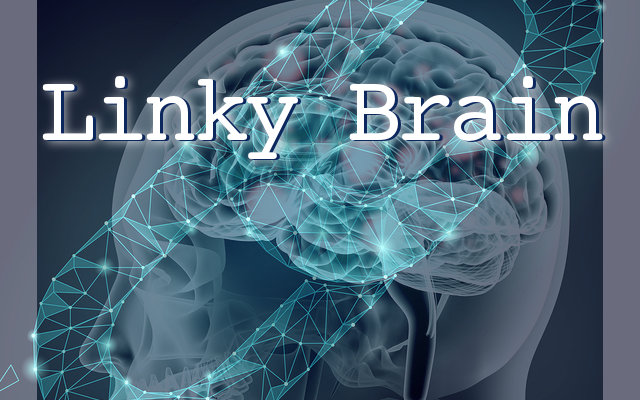


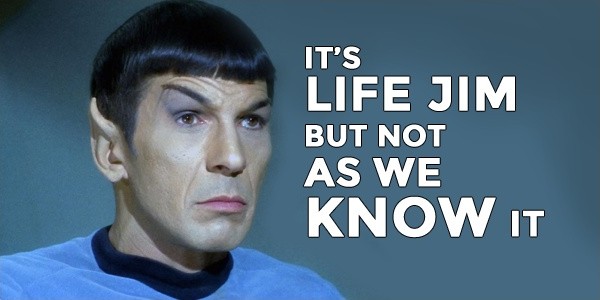

![Official Website for Dustin Miller PolyInnovator [LLC]](https://www.polyinnovator.space/content/images/2025/03/polyinnovator-logo-2024.png)

